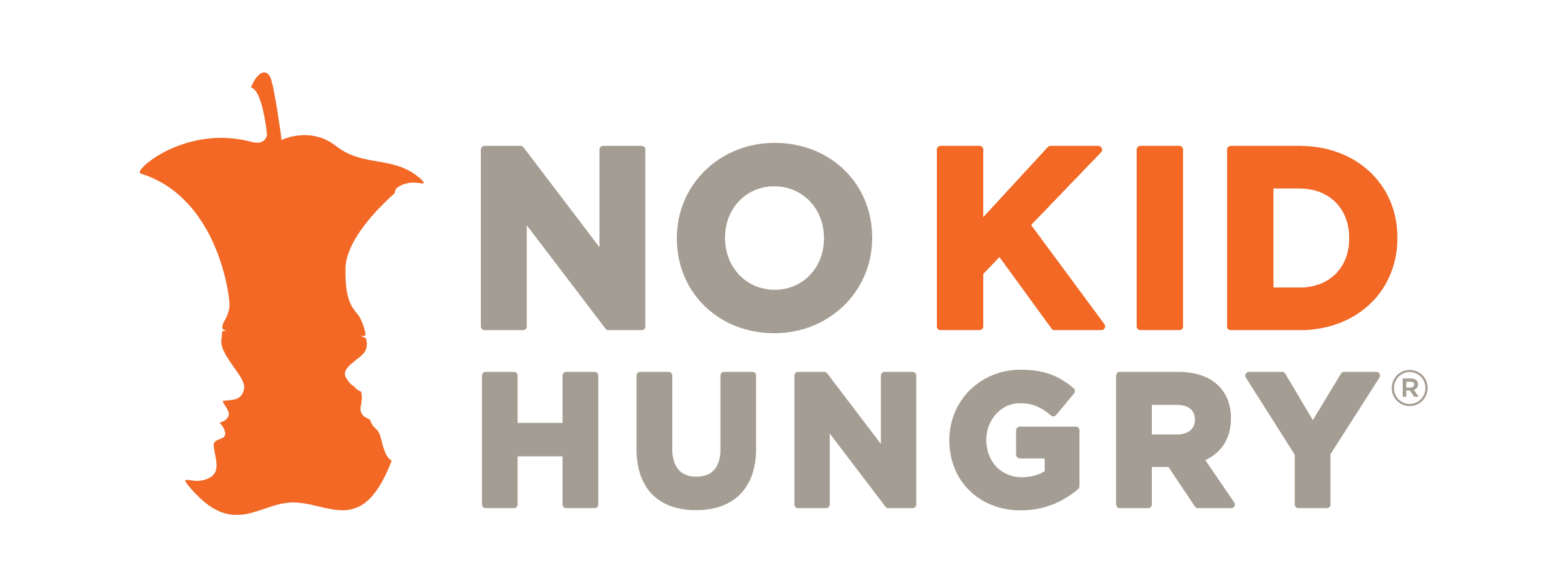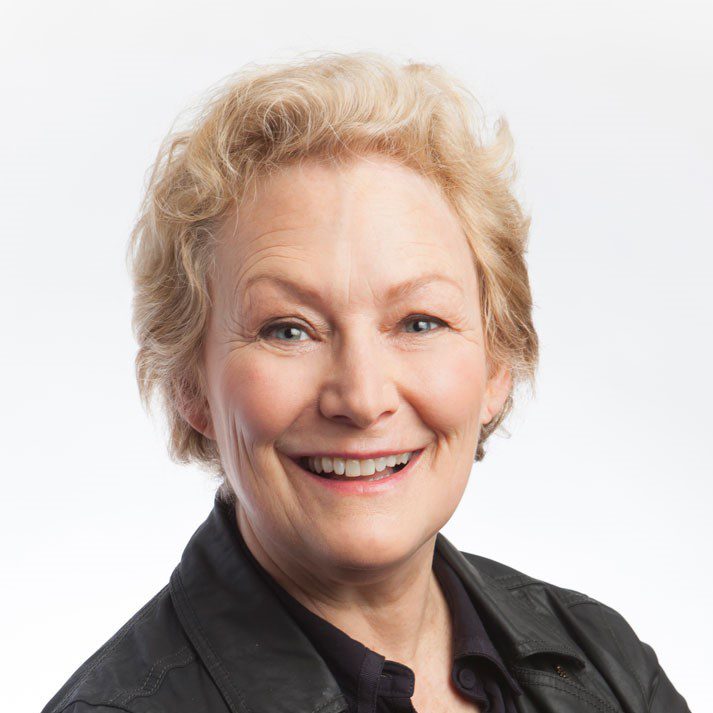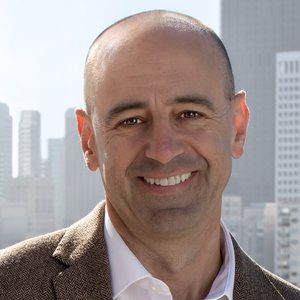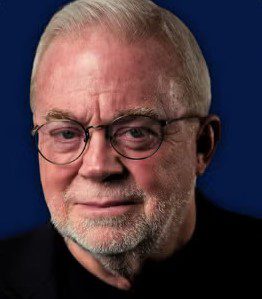
Form and Function: Creating Buildings That Heal
Architecture and design affect your attitude, your health, and even your life. Architect Michael Murphy, executive director of MASS Desig...
About This Episode
Architecture and design affect your attitude, your health, and even your life. Architect Michael Murphy, executive director of MASS Design Group, and Ken Oringer, one of Boston’s most notable chefs and restaurateurs, talk to Billy Shore about how good design can drive systems change. “We see architecture as a crucial piece … of our daily lives and as a systems approach to how we live either more productive or less productive lives,” says Murphy. Oringer knows the importance of design in his restaurants. “We work 16-hour days, and you have to create an environment that can make everybody happy … and inspire creativity,” he says. Murphy describes a hospital his group designed for a village in Rwanda that had to address tuberculosis. Because TB spreads through the air, they had to mitigate risk by designing better ventilation, creating outdoor waiting areas, and eliminating hallways. “A hospital is an incredible system… but it’s only successful if we’ve designed it well enough to influence medical policy on how we’re designing hospitals in the future,” Murphy says. Chef Oringer faced a similar challenge redesigning 3 school kitchens in the Boston public school system. “If we create spaces where the kids get excited to eat, that’s the start of getting kids to be motivated by [good] food,” he observes. He is currently talking to the Mayor about redesigning 30 to 50 more Boston school kitchens next year and eventually all of them. Murphy is inspired by this plan. “If we can solve it one place, can it affect an entire system?,” he asks. Oringer - a long-time supporter of the No Kid Hungry campaign - believes chefs need to be leaders because food is the common denominator in our world. “Chefs have the DNA to take care of people,” he says. Murphy believes there are similarities in his field. “Architects don’t become architects for the paychecks. It’s a passion industry,” he explains. He and his partners set up the non-profit MASS (which stands for Model of Architecture that Serves Society) to bring great design to organizations and communities that would not be able to afford it otherwise. Part of its mission is to build a pipeline of projects and partners around the world to change the system. “I want to work with innovators or thought leaders or organizations who are doing real big systems change work,” he concludes. Listen to gain a deeper understanding of how the built environment affects our lives and can be used to drive systems-level change.Resources and Mentions:
Ken Oringer
one of Boston’s most notable chefs and restaurateurs. He worked under Chef David Burke at River Café in New York City before moving back to New England to work as the Pastry Chef at Al Forno in Providence and Jean Georges Vongerichten’s Le Marquis de Lafayette in Boston. In 1997, he opened Clio, which was named “Best Newcomer of the Year” by Gourmet magazine and made John Mariani’s respected list of “America’s Best New Restaurants” in Esquire in its first year. Oringer earned James Beard Award nominations four years in a row, ultimately being honored with Best Chef Northeast in 2001. In 2002, Ken opened Uni in the lounge of Clio. Uni earned four stars from The Boston Herald, and in 2005 was selected “Best Sashimi” by Boston magazine for its innovative and creative interpretations of sashimi and Japanese fusion cuisine. In 2015, Oringer redesigned and renovated his flagship, Clio, and reopened it as an expanded UNI concept. He also runs Toro in Boston’s South End, New York City, Bangkok, and Dubai; Coppa in Boston; Earth at Hidden Pond in Kennebunkport; and Little Donkey Cambridge. Uni offers an adventurous sashimi menu featuring seasonal accents & ingredients inspired by & sourced from the famous Tsukiji fish market in Tokyo, Japan. Toro in Boston’s South End, New York City, Bangkok, and Dubai, is a Barcelona-inspired tapas restaurant influenced by Ken Oringer’s travels throughout Spain; Coppa is an Italian-style enoteca featuring Italian wines, an experimental cocktail list, and an inventive menu showcasing Oringer’s fearlessness with ingredients; Earth at Hidden Pond is an exceptional farm to fork restaurant in Kennebunkport, Maine; and Little Donkey Cambridge is a globally inspired small plates and raw bar.
Michael Murphy
The co-founder and executive director of MASS Design Group, which he founded in 2010. Michael leads design and research programs at MASS and has overseen the expansion of MASS into ten countries and three continents. He regularly speaks on architecture and health care, and sits on the boards of the Clinton Global Initiative Advisory Committee, the Harvard Graduate School of Design Alumni Board, and the Center for Healthcare Design. Michael holds a Master in Architecture from the Harvard Graduate School of Design.

No Kid Hungry
http://nokidhungry.org/Share Our Strength’s No Kid Hungry campaign is ending child hunger in America by ensuring all children get the healthy food they need, every day.
Root Cause Coalition
https://rootcausecoalition.orgThe Root Cause Coalition is a national, member-driven, nonprofit organization dedicated to addressing the root causes of health disparities by focusing on hunger and other social determinants leading to nationwide epidemic of preventable chronic health conditions.
MASS Design Group (Model of Architecture Serving Society)
https://massdesigngroup.org/Began in 2008 during the design and building of the Butaro District Hospital in Rwanda; a project of Partners In Health and the Rwandan Ministry of Health. Since then, MASS has expanded to work in over a dozen countries in Africa and the Americas. Its work spans the design of buildings, research, policy, education, and strategic planning. MASS designs innovative buildings that improve people’s lives in measurable ways by creating environments that promote health and dignity. Throughout the construction process, they collaborate with the communities their buildings will serve, approaching every project as a chance to invest in their future. Their design services include architectural design, master planning, landscape architecture, engineering, and strategic planning.


